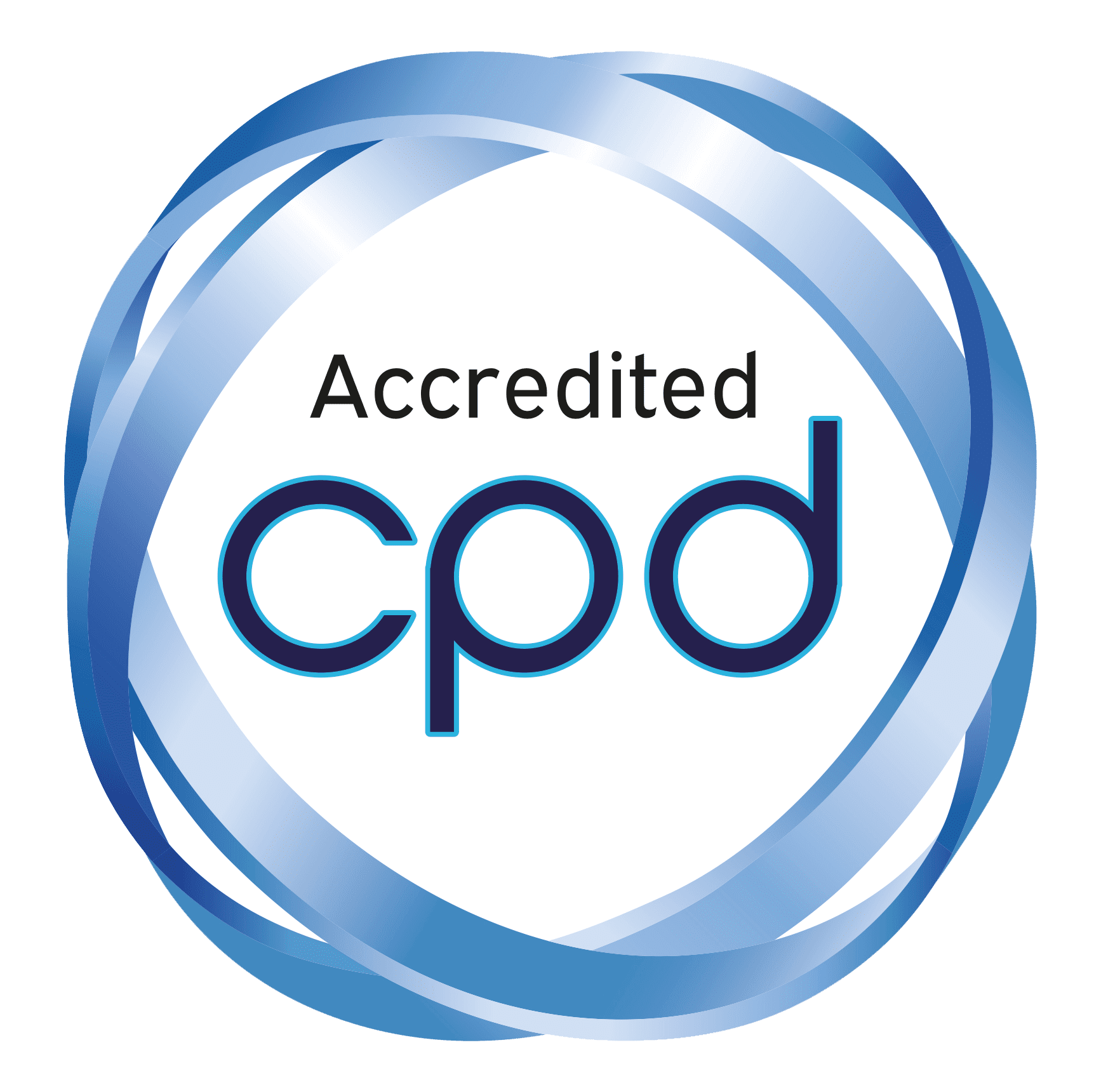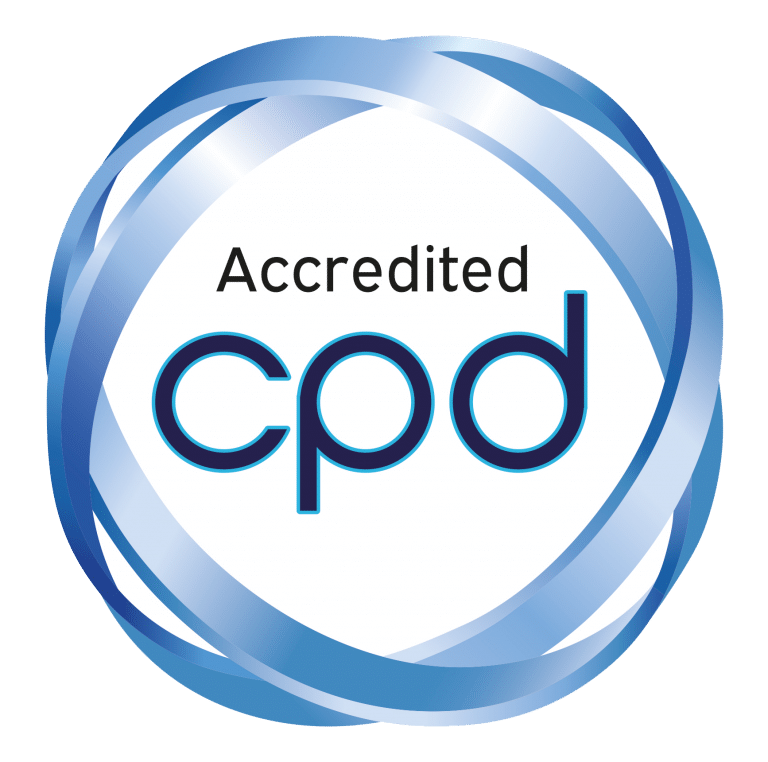This course aims to promote critical literacy as a mode of improving critical thinking in learners and is most suitable for Upper Primary and Secondary English teachers. It will also support teachers in a variety of other subject areas and contexts such as Science, Humanities, Drama and PSHE. Many of the suggested strategies can also be adapted to support learners with low literacy or language processing difficulties.
The course is separated into four modules of learning:
Module One: 21st Century Skills
In this module, we will explore the shifts in the nature of learning and why critical thinking is needed for learners to negotiate the challenges of life in the 21st century. We will focus on the types of changes to classroom practice that promote critical thinking and critical literacy, and how this can aid the progression and development of learning across all learning areas.
Module Two: Functional Literacy and Critical Literacy
In this module, we will focus on how both functional literacy and critical literacy are useful in developing mastery over language. We will look at what both concepts mean and how they are used to support the understanding of texts and their construction. The focus will be on how to develop inferential comprehension and how texts position readers to respond in certain ways.
Module Three: Getting Learners to Engage with Critical Literacy
This module will look at creating a supportive classroom environment where critical literacy is encouraged and valued by the learners. We will look at the role that talk plays in developing critical thinking and critical literacy in the classroom, and how this can build engagement and confidence in the learners. Strategies to encourage experimentation with critical literacy will also be explored.
Module Four: Strategies for the Classroom
In Module Four, we will examine some simple strategies to promote critical literacy in the classroom. The focus will be on creating opportunities for critical thinking to be explored by learners in everyday classroom routines such as directed silent reading, comprehension tasks and questioning. There will also be the opportunity for you to reflect on your current practice and ways to give learners a greater awareness of how to make meaning from texts.
Study time: 60 mins.





